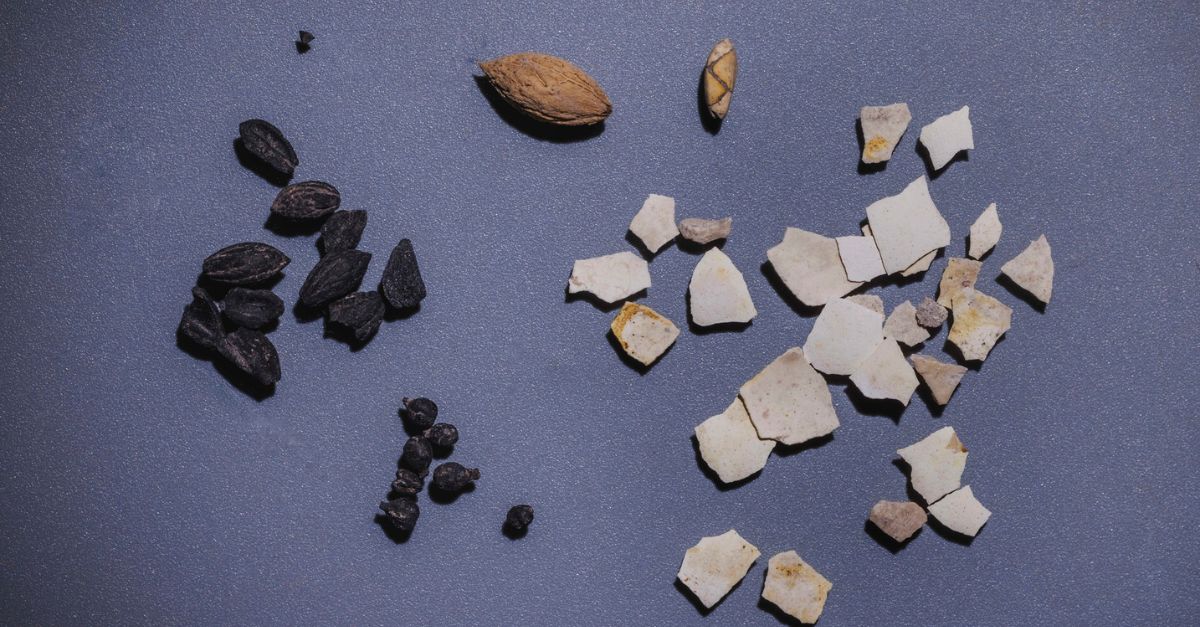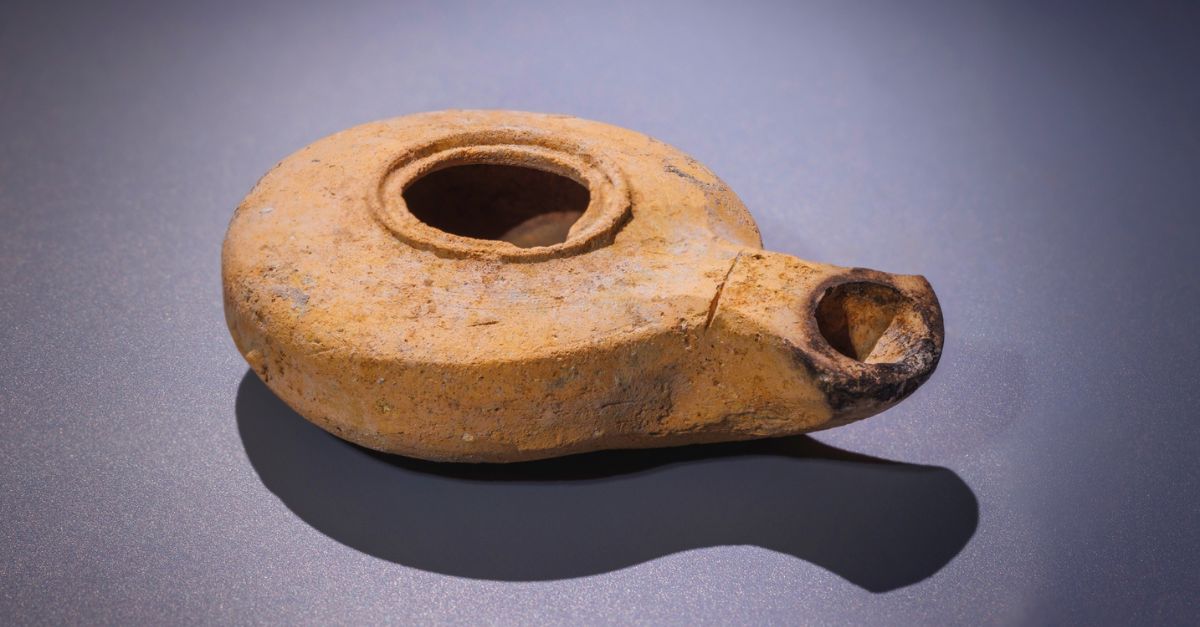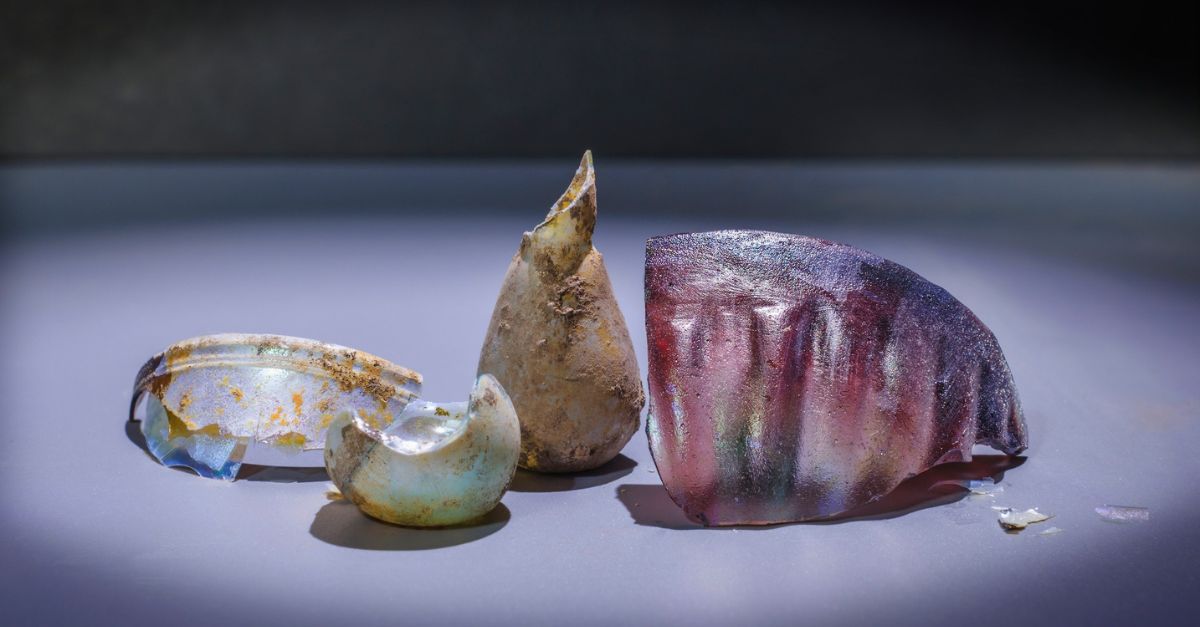Archaeologists in Jerusalem have uncovered 2,000-year-old trash and relics from the decades surrounding the life of Christ as part of an excavation of a drainage channel that once ran beneath the city's main thoroughfare. The excavation, managed by the Israel Antiquities Authority with funding from the City of David, uncovered not only trash but items used daily by Jerusalem's citizens: dishes and glass vials alongside grape seeds, kernels of grain, fish bones, and eggshells.

The channel passed under the "colorful markets of Jerusalem at the foot of the Temple Mount" and "along the entire length of the City of David" in the decades prior to Jerusalem's destruction in 70 A.D., according to a news release. It was Jerusalem's "main subterranean artery."
It is possible some of the items were used by citizens who saw and maybe even talked to Jesus.
"Into the channel's mouth were swept the detritus of the life above Jerusalem's main street, where they remained preserved between the walls just as they were at the moment of the city's destruction," said Ayala Zilberstein, excavation director on behalf of the Israel Antiquities Authority. "Small finds tell us a big story, from Jerusalem's heyday of prosperity and splendor when its streets bustled with life, until the city's ebbing moments during the rebellion against the Romans and its total abandonment following the Temple and city's destruction."
In the soil's upper layers, archaeologists found remains from the time of Jerusalem's destruction, including "complete pottery lamps that are dated" to the end of the Second Temple period. That period in Jerusalem's history spanned approximately 600 years -- from the time of the construction of the Second Temple to its destruction in the year 70. Soot on the lamps' rims "remains as a sign of the fire that once burned inside them," the news release said.

As the archaeologists dug deeper, they found items from decades prior to 70 A.D. when Jerusalem was humming with "never-ending activity." Among the items: vials of perfume and expensive oils and a "delicate glass vial that was miraculously preserved almost without any damage."
"Through this large variety of pots and dishes that accumulated in the drainage channel, we encounter nearly the complete tableware set of Jerusalem's residents," Zilberstein said. "In contrast to the limited set of vessels generally found when excavating a single household kitchen, the channel assemblage is drawn from many houses and from different streets in town, thus presenting us with examples of almost all wares the city's merchants had to offer."
The discovery of grape seeds, grains, fish bones and eggshells "shed light on the menu of the Jerusalem's residents when the city's life was vibrant," the news release said.

"It is important to look back into our past, to remember where we came from and what we went through, to connect with our history, and thus gain a broader view of our life here in Israel," said Eli Escusido, director of the Israel Antiquities Authority. "As part of the new excavation now taking place near the Western Wall and the City of David, a great wealth of finds reveals to us a magnificent city full of life, which by its nature emphasizes the magnitude of the destruction and engenders our understanding of what was lost."
Photo Credit: © Israel Antiquities Authority
Michael Foust has covered the intersection of faith and news for 20 years. His stories have appeared in Baptist Press, Christianity Today, The Christian Post, the Leaf-Chronicle, the Toronto Star and the Knoxville News-Sentinel.
Listen to Michael's Podcast! He is the host of Crosswalk Talk, a podcast where he talks with Christian movie stars, musicians, directors, and more. Hear how famous Christian figures keep their faith a priority in Hollywood and discover the best Christian movies, books, television, and other entertainment. You can find Crosswalk Talk on LifeAudio.com, or subscribe on Apple or Spotify so you never miss an interview that will be sure to encourage your faith.